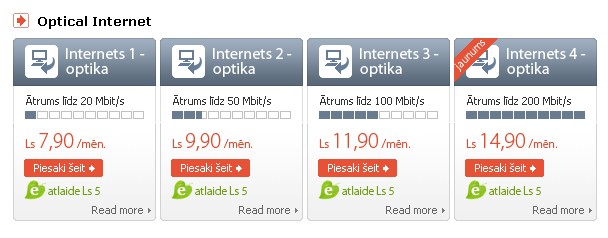AT&T has distributed an internal memo to customer service representatives that informs them AT&T’s Internet Overcharging experiment in Reno, Nevada and Beaumont, Texas has ended. Stop the Cap! reader Scott Eslinger was able to get an AT&T representative to read from the official memo that many AT&T customers have yet to hear about themselves. Stop the Cap! had word in February the usage limit test was set to end April 1st, but actually getting official word that declared it dead and buried took much longer.
With no official notification to customers in the two impacted cities, many may be under the impression that usage limits remain.
AT&T representatives notoriously provided inaccurate information to customers about the experiment, with several customers signing up for “unlimited” service only to be notified days later they were actually facing limits ranging from 20-150 GB per month depending on their service plan.
Eslinger, who lives in Beaumont, notes representatives regularly mislead him into believing his service was unlimited even during the trial, except it was not.
“Every time I talked to AT&T no matter what I called about I always asked if the rep knew the status of the ‘broadband usage trial’ as I wanted to know when it would be over. No one ever had any idea what I was talking about,” Scott writes. “They regularly told me that my AT&T broadband account included ‘unlimited’ use.”
But when Scott ran over his allowance, a nasty letter arrived in the mail saying otherwise. Even then, AT&T customer service representatives kept telling him the letter must be a mistake.
 “The first time I got the letter stating that I had gone over and would be charged the next time I went over I called AT&T and the rep actually had me fax in the letter so they could ‘fix’ it as that just ‘didn’t seem right.'”
“The first time I got the letter stating that I had gone over and would be charged the next time I went over I called AT&T and the rep actually had me fax in the letter so they could ‘fix’ it as that just ‘didn’t seem right.'”
We agree. Internet Overcharging schemes are not right. They represent little more than transparent rationing of broadband usage to reduce their costs while potentially earning $1.00 per gigabyte in overlimit fees for those who broke their allowance.
Although AT&T told Scott he couldn’t get a copy of the memo officially terminating the usage limit experiment, because it was a confidential, “proprietary AT&T document,” the rep read it out loud to Eslinger over the phone anyway.
“Reminder, the broadband usage trial in the Reno, Nevada and Beaumont, Texas market areas ended on April 1, 2010. Remember customers outside of the Reno and Beaumont are not impacted.”
Scott noted it was news to him.
“I never recall receiving this via email or snail mail; you would think they would have told everyone they ended it,” he writes. “Hopefully it will NEVER come back!”
One can hope. Unfortunately, AT&T is the company that ended its unlimited wireless data plan for smartphone customers, now limiting them to just 2 GB of wireless usage per month, with a steep overlimit penalty for those that exceed it.
For millions of AT&T DSL and U-verse customers, an Internet rationing plan that limits consumption could prove costly, especially for those in rural areas where alternative providers simply are not available.
The best ways to deliver the message AT&T’s usage limits are not acceptable:
- Inform the company you are not happy with usage limits or so-called consumption billing that seeks to consume all of the money in your wallet;
- Don’t buy service from AT&T and tell them why. Existing customers can be grandfathered on their existing unlimited plans, but new customers should shop elsewhere for service.
For many AT&T representatives, complaints about usage limits will be news to them, too. Scott closes his note with word that even AT&T’s executive office customer service department, the one reserved for customers complaining to senior management, had never heard of the usage cap trials either.


 Subscribe
Subscribe










